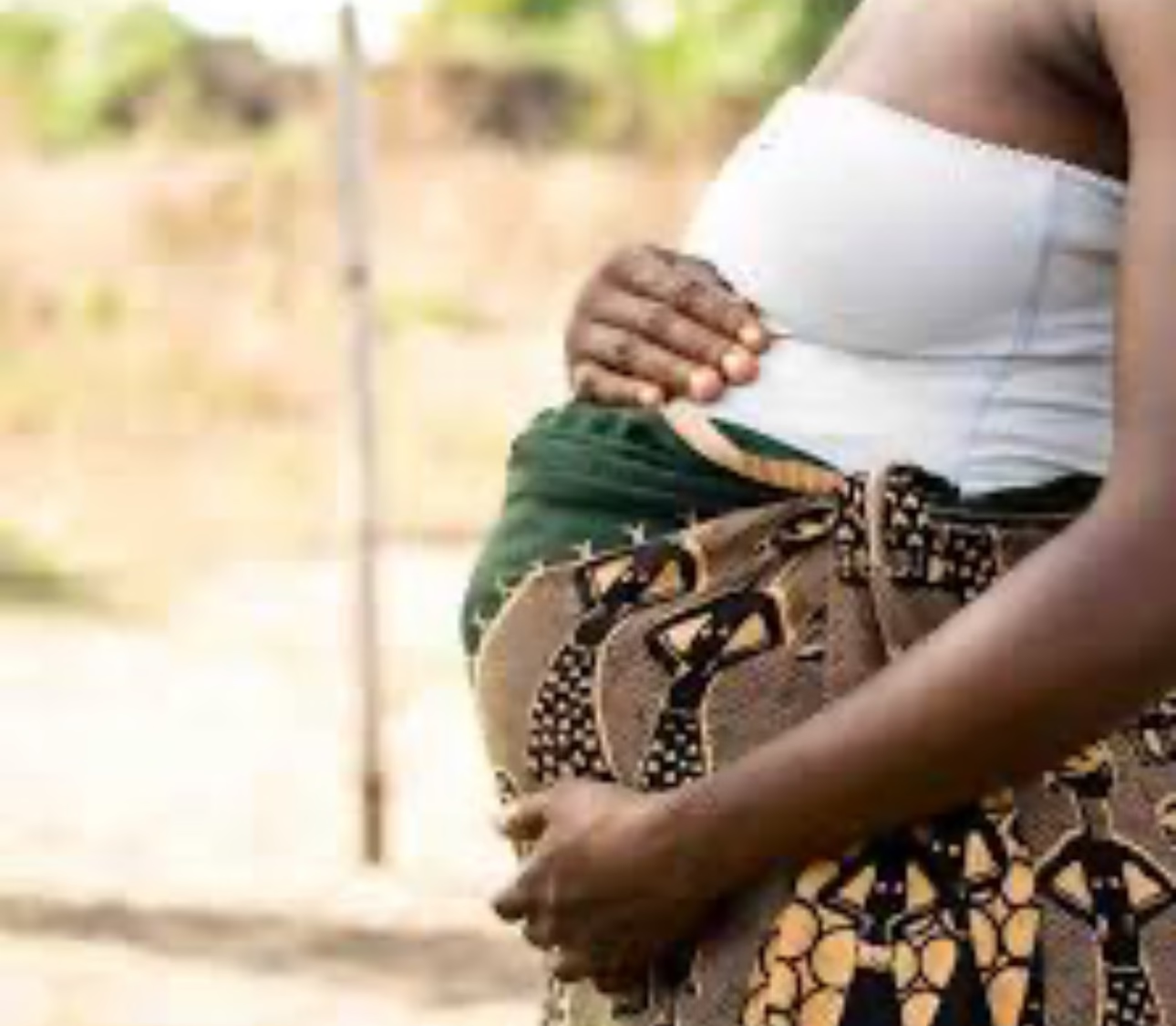Educating “Shining Lights” Could Help End Teenage Pregnancy and Poverty – Nsemgh

A new community advocacy proposal suggests that one effective way to reduce teenage pregnancy and break the cycle of poverty in Ghana is to leverage the power of education by nurturing “shining lights” — young girls placed in high-performing schools with strict discipline and strong academic focus.
The initiative, which draws particular attention to the Central Region, comes in response to alarming rates of teenage pregnancies, many of which occur before girls reach the age of 18. Advocates argue that if girls at risk were enrolled in prestigious institutions such as Aburi Girls’ Senior High School and other top-performing schools, under the guidance of strict headmasters and structured environments, they would be less likely to become pregnant as teenagers.
“Schools that have a culture of excellence, discipline, and mentorship provide not just academic education but life skills, self-confidence, and a vision for the future,” a community leader explained. “These qualities keep girls focused on their goals and less vulnerable to social pressures that lead to early pregnancies.”
Statistics from the Ghana Health Service have consistently shown that teenage pregnancy is linked to school dropouts, limited job opportunities, and a higher likelihood of living in poverty. Educationists believe that by strategically placing girls — especially those in high-risk areas — into “shining light” schools, the country can reduce early motherhood rates while building a stronger, more empowered female population.
The proposal also calls for a collaborative approach between government, NGOs, local leaders, and private philanthropists to identify at-risk girls, sponsor their tuition, and provide mentorship programs.
“This is not just about academics; it’s about changing mindsets, creating role models, and showing girls that their dreams are bigger than early motherhood,” the advocate stressed.
Experts agree that combining quality education with strong moral guidance can break the generational cycle of poverty. They point to research indicating that each additional year of schooling for a girl significantly reduces her likelihood of early marriage or pregnancy, and increases her lifetime earnings potential.
As one education policy analyst summed it up: “When we invest in the education of our girls, we are not just preventing teenage pregnancies — we are creating a pathway out of poverty for entire communities.”
www.nsemgh.com

